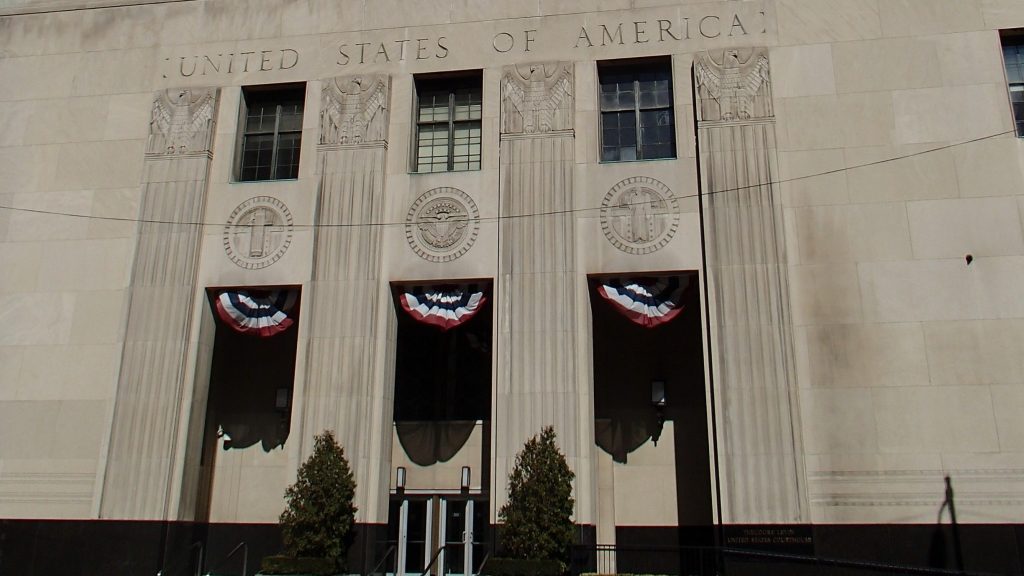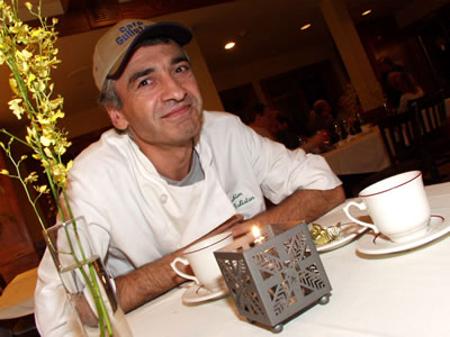U.S. Fights Immigration Ruling Preventing Michigan Man from Being Deported
U.S. officials are appealing a ruling stopping a Michigan chef from being deported. A judge ruled Ibrahim Parlak, a native Kurd living in Michigan for decades, faces torture or death if removed to Turkey. U.S. says judge didn’t look at evidence “thoroughly.”

Homeland Security officials are appealing an immigration judge’s order preventing the government from deporting a Michigan chef to Turkey.
The court ruled Ibrahim Parlak, a native Kurd, could face torture or death if he is sent back to Turkey.

The U.S. government has been trying to remove Parlak from since 2004, arguing he lied about serving prison time in Turkey and was part of a terrorist group there.
That group, the PKK, was not officially identified by the U.S. as a terror organization until the 9/11 attacks occurred, many years after Parlak moved to Michigan.
Parlak counters that he was forced to join the group.
And Parlak says he thought he was supposed to report on federal forms whether he had been in prison in Turkey, not the U.S.
Then, after Homeland Security designated Parlak for deportation, he actually was sent to a U.S. prison for several months.
But Parlak had his own attorneys fighting the deportation order, lawyers paid for out of a legal defense fund set up by people in Harbert.
Parlak had created a Kurdish-themed restaurant in Harbert, lived their quietly for decades and had, by all accounts, endeared himself to Harbert residents, who even sold tee shirts and “Free Ibrahim” coffee to help pay for his defense.
Former U.S. Sen. Carl Levin and current U.S. Rep. Fred Upton, both from Michigan, also lobbied on Parlak’s behalf, including proposing legislative bills that allowed him to remain in the U.S. on a year-to-year basis.
They said he had been a model immigrant.
Yet every time Parlak made his next required appearance in an immigration court there was always the lingering possibility it could end with him being put on a plane to Turkey.
An immigration judge eventually reopened Parlak’s case.
In July the judge ruled that Parlak, who has often criticized Turkish President Recep Tayyip Erdogan, should remain in the U.S. because there was a very real chance he could be tortured or killed by the government there.
The judge said deporting Parlak would violate the international Convention Against Torture.
But now the U.S. is appealing that ruling.
When Parlak’s case was reopened U.S. officials argued in a legal brief that conditions had not really changed much in Turkey since the Kurdish chef was first ordered to be deported, though experts dispute that assessment.
Now the U.S. Justice Department has filed a brief declaring the judge in Parlak’s case did not examine the evidence thoroughly.
Upton, for one, says he continues to stand behind Parlak, who he calls a “law-abiding citizen with Michigan roots,” and decries the Immigration and Customs Enforcement department for “wasting time and money” pursuing Parlak.
Upton says Parlak’s case will be moved away from the Midwest, to a court in Virginia.
Parlak’s attorney estimates the appeal process could take up to a year to play out.
The government could file an additional appeal after that.

